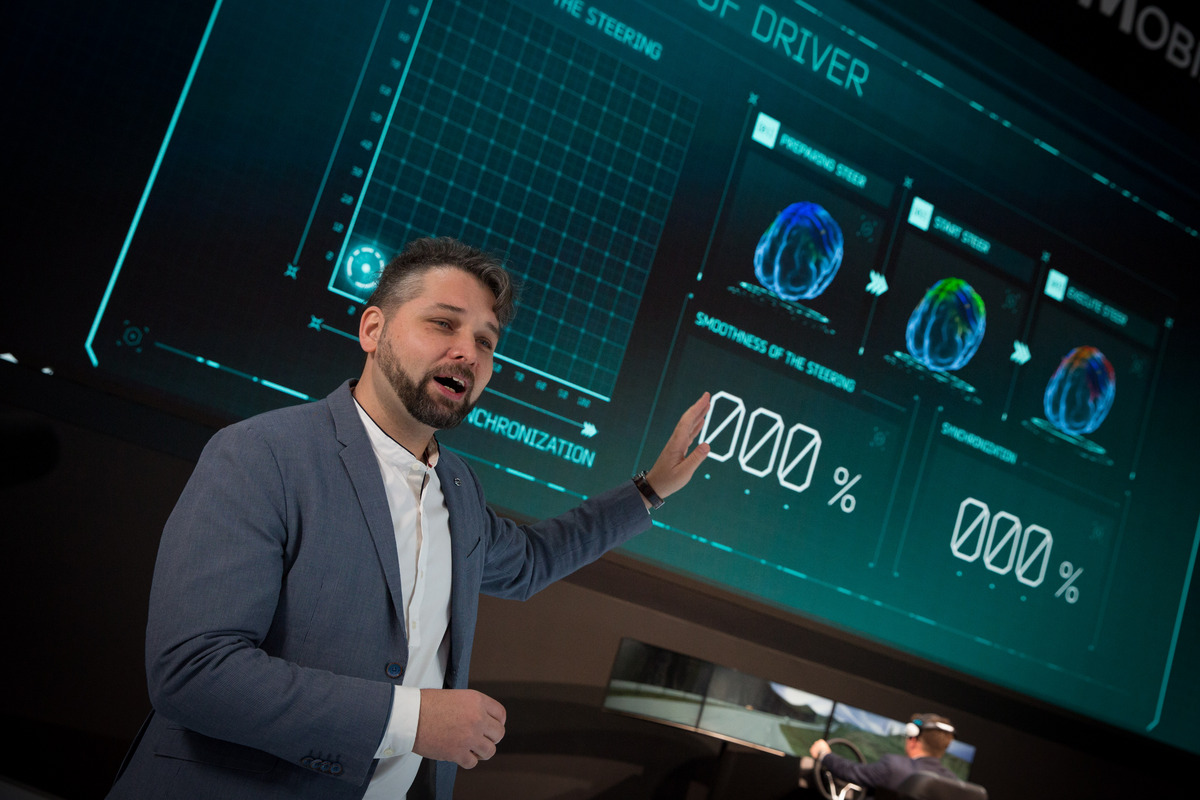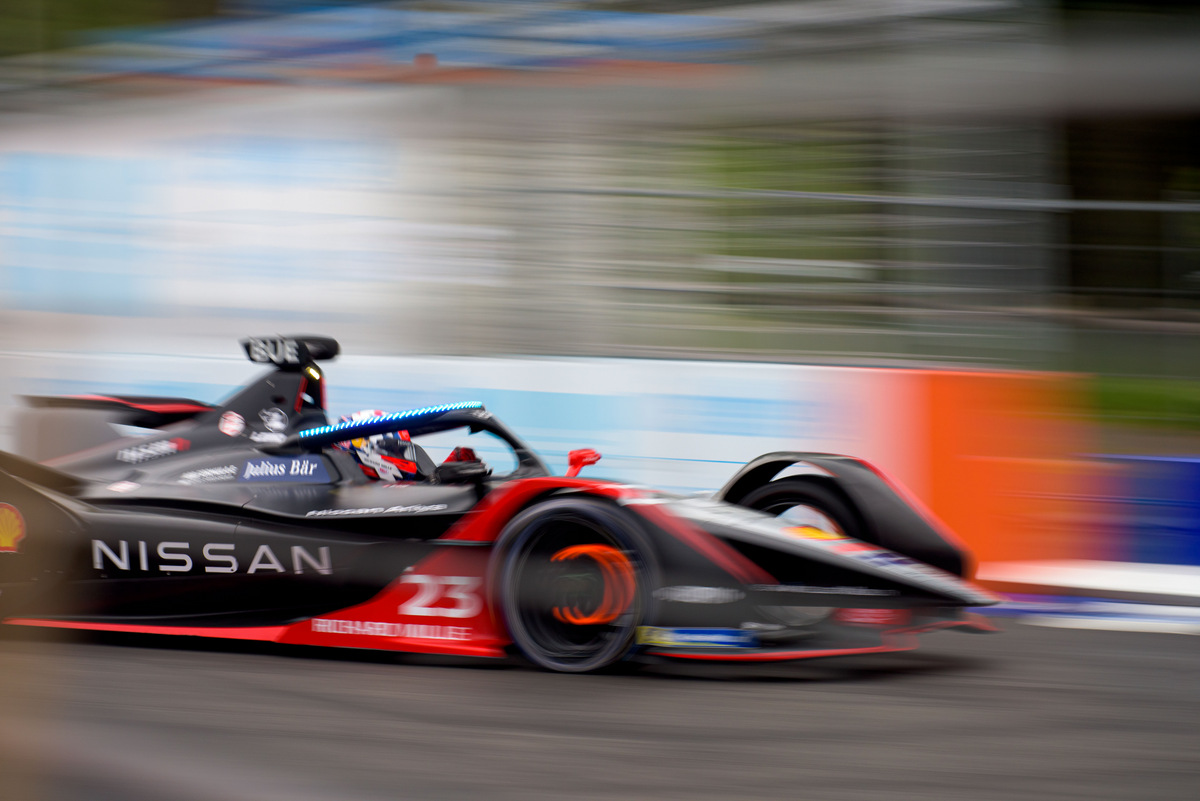Nissan Motor Co., Ltd. has launched an innovative Brain To Performance program for its Formula E drivers Sebastien Buemi and Oliver Rowland.
The innovative program focuses on brain function and anatomy research, as well as training and development for its racing drivers. Using advanced brain imaging and analysis to determine the anatomical specifics of high performance, the program aims to develop bespoke, optimized training to enhance brain functions and anatomy related to driving and racing.
“At Nissan, we dare to do what others don’t. With this groundbreaking program, we aim to understand our race drivers’ brain functions like never before and push the boundaries of on-track performance in Formula E,” said Tommaso Volpe, Nissan global motorsports director. “What if, through advanced brain function analysis and training, we could help make our drivers perform better? Every tenth of a second counts in Formula E, so we’re excited to see how our cutting-edge Nissan research team can enhance Seb and Oli’s already high-performing brain functionality.”

The program will be coordinated by Dr. Lucian Gheorghe, a leader in the field of brain analysis and training, and a driving force behind Nissan’s forward-looking research on how to better build the connection between people and Nissan vehicles. The immediate priority of the Nissan Brain to Performance program is to enhance the performance of Nissan’s Formula E racers.
Gheorghe said: “Our brains are incredibly powerful. Without us realizing it, they perform a multitude of critical functions every second we drive our cars. Our highly trained and experienced Nissan Formula E drivers perform these functions under intense pressure and at great speed as they constantly search for faster lap times. Our new Nissan Brain to Performance program seeks to understand what it is about their brains’ electrical activity that enables them to do what they do. Then, if we can, we’d like to help them further improve their performance through bespoke brain training. In the future, could our cutting-edge research help improve the driving skills of the average driver and inform the development of our road-going EVs? We hope so.”

The first stage of the new program will involve detailed analysis and testing of the Formula E racers’ brain functions, compared against a control group of ‘average’, non racing drivers. All drivers will perform a range of tasks on state-of-the-art driving simulators while their brain activity is monitored and recorded. Based on the results, a bespoke driver training program involving electrical brain stimulation will be developed with the aim of improving driver performance.
Key research area overview
1. Understanding how Nissan Formula E drivers’ brain functions and anatomy differ in comparison to average drivers. By establishing a spectrum of driver brain activity, the program will provide a clear understanding of the impact of electrical brain stimulation.
2. Through the use of electrical brain stimulation, can a professional driver’s brain be enhanced to improve on-track performance? Once existing brain activity is known, a bespoke driver training program of electrical brain stimulation can be initiated, monitored, and reported.
3. Can brain computer interface training be used to enhance general driving skills, with a longer-term goal to inform and enhance future Nissan EV product development and achieve the highest level of driver excitement and focus? Recommendations can be made around the intuitive nature of future EV product development, based on an increased understanding of bio-electricity to further enhance the driving experience.







